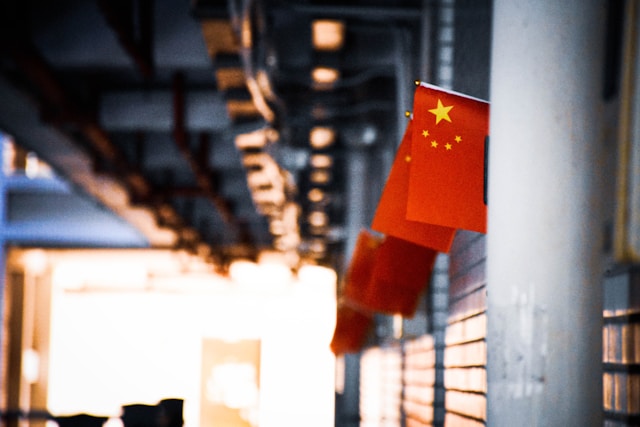
Chinese courts have been facing a litigation explosion in the recent five years, which has caused work overload to judges.
1. Litigation cases increase
The past five years (2013-2017) have witnessed a substantial increase in litigation cases in Chinese courts, both nationally and locally. For example:
- China’s Supreme People’s Court (SPC) has accepted 82,383 cases, an increase of 60.6% over the previous five years;
- Local people’s courts at various levels have accepted 88.967 million cases, an increase of 58.6% over the previous five years;
- Courts in Guangdong Province have accepted 6.768 million cases, an increase of 40.9% over the previous five years.
Not only more lawsuits have been filed, but also average cases handled by each judge have reached an unprecedented peak. In some courts, each judge has to deal with an average of over 500 cases a year. Some judges said that the annual workload of a judge is four times that of civil servants.
2. Judges are overworked
Courts at all levels in China, especially primary people’s courts, usually face a dilemma of “too many cases for too few judges”. Many judges have been overworked for such a long time that it is common for them to work overtime at night, on weekends and on holidays.
According to a report in April 2018, in Miluo, a city in Hunan Province, central China, four judges died of illness in 2016 and 2017, and 84.5% of judges were found to be in sub-health status.
Due to the heavy workload, many judges resigned and left courts. From 2008 to 2012, altogether 348 staff have left courts in Beijing, equivalent to 16.9% of the new recruits in the same period; courts in Jiangsu Province saw 2,402 staff leave, among them 1,850 were judges; more than 1,600 judges have resigned or transferred from courts in Guangdong Province.
3. Why the litigation explosion occurs?
The main reason for the increase in litigation cases in China is rapid economic growth. But in addition to this, there are some other reasons contributing to a growth of litigation cases faster than that of the economy.
First of all, the introduction of the registration system for case docket (立案登记制) caused an outbreak of case filings. In 2015, the SPC introduced the registration system for case docket, that is, the court shall docket all case applications in accordance with the law. Prior to this, based on courts’ self-set standards, they may review and reject some applications to reduce the number of cases, which resulted in public dissatisfaction. The SPC’ efforts have solved this problem but led to a surge in the number of filing applications.
Second, the judge quota system (法官员额制) has reduced the number of judges. Also in the year of 2015, the SPC began to implement the judge quota system which greatly reduced the number of judges. Unlike many other countries, judges in China have to handle all work and procedures of a lawsuit without enough support staff to help them. In response to the decline in the number of judges, Chinese courts are currently preparing to increase support staff.
Third, workload distribution is unreasonable. Under normal circumstances, judges will follow the same procedures whether the case he/she is handling is complicated or simple, which makes their work inefficient. Local courts are now trying to separate complex cases from simple cases, and the latter will be handled with faster procedures (eg. speedy trials).
4.Litigation explosion’s impacts
On the one hand, the case trial has been greatly prolonged. China's procedural law has strict rules on trial time limits. Chinese judges are required to close the case within the statutory time limitation, which is to be evaluated by the court as an important factor in the performance appraisal. However, the litigation explosion makes judges unable to hear cases in time, so in many local courts, the time limits have been lifted. This has led to a significant extension of the trial period.
Many of my lawyer friends are complaining that judges have not notified the parties to attend the first court hearing 6 months after the case filing. There are still times when no judgment has been made even one year passed since judges heard the case.
On the other hand, judges are not as careful as before. Since too little time can be spared for each case, judges do not have enough energy to carefully review and analyze each case.
One of my friends, a judge in an intermediate court (i.e. appellate court for primary courts), said that when reviewing appeal cases, they found that primary courts with a relatively larger caseload usually made poorer judgments
Dealing with litigation explosion has now become one of the top priorities for the SPC and local courts in China. We will always keep an eye on how Chinese courts proceed in this regard.
If you would like to discuss with us about the post or share your views and suggestions, please contact Ms. Meng Yu (meng.yu@chinajusticeobserver.com).
If you wish to receive news and gain deep insights into the Chinese judicial system, please feel free to subscribe to our newsletters (subscribe.chinajusticeobserver.com).
Zheng Si also contributes to the post.
Contributors: Guodong Du 杜国栋 , Meng Yu 余萌








